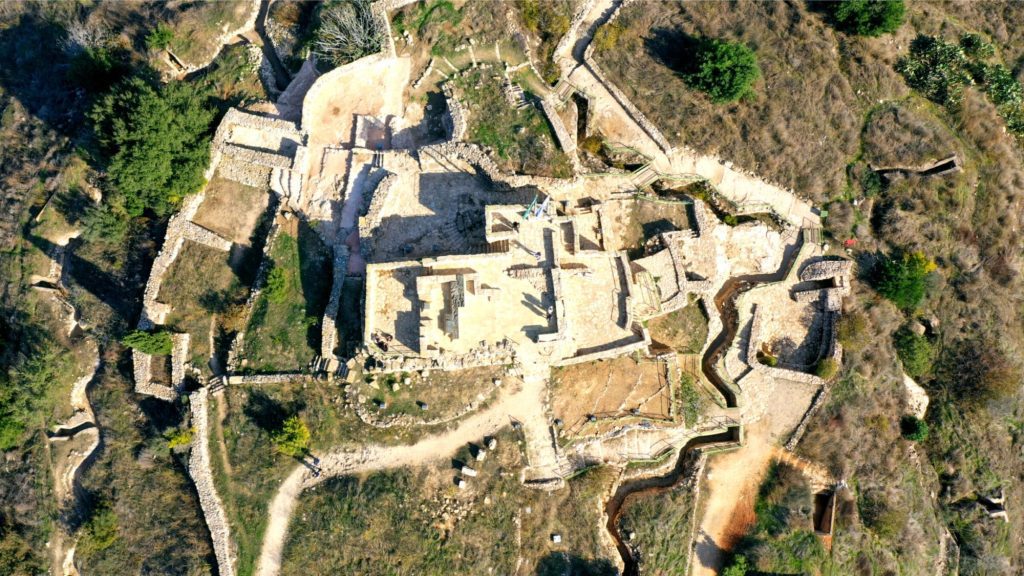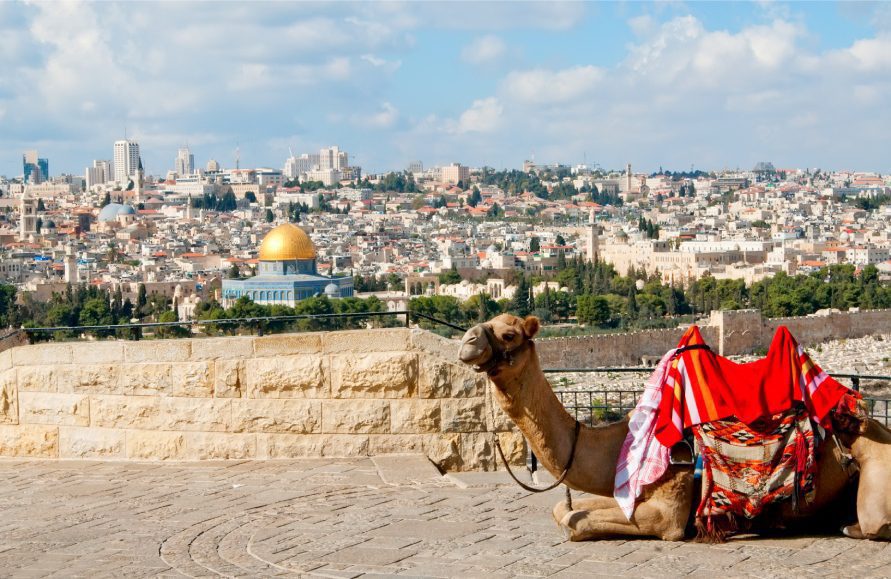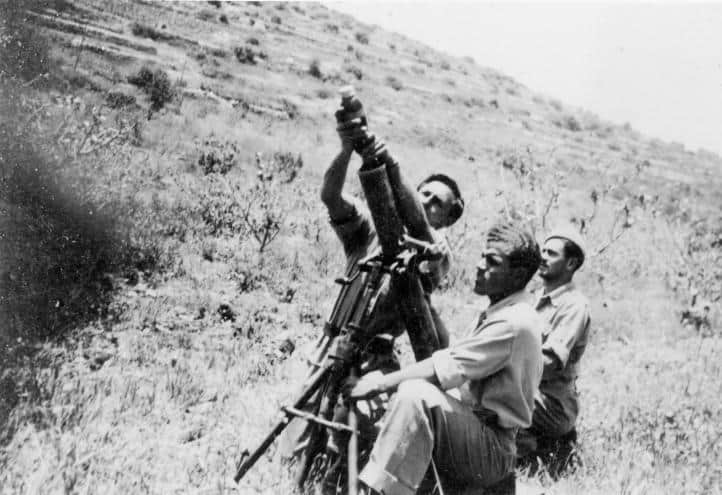The Battle of Al-Qastal fought during the 1948 Arab-Israeli War, stands as a defining moment in the struggle for control of Jerusalem. This pivotal battle took place in the strategically located Palestinian village of Al-Qastal, perched atop a hill overlooking key routes to Jerusalem. In this post, we delve into the events and significance of the Battle of Al-Qastal, shedding light on its impact on the war and the wider regional dynamics.

The Battle of Al-Qastal was fought between April 3rd and 8th, 1948, during the period known as the 1948 Arab-Israeli War or the War of Independence. Control of Jerusalem was a paramount objective for both Israeli and Arab forces due to its religious, historical, and symbolic significance.
Old City Jerusalem Tour

The Village of Al-Qastal:
Located approximately 12 kilometers west of Jerusalem, Al-Qastal was a Palestinian village with strategic value, serving as a key position on the Tel Aviv-Jerusalem highway. Furthermore, its elevated location made it crucial for controlling the access routes to Jerusalem.
The Arab Liberation Army:
During the battle, the Arab Liberation Army, a coalition of Arab forces from neighboring countries, sought to wrest control of Al-Qastal from the Israeli troops. They aimed to establish a secure corridor between Jerusalem and the rest of Arab-controlled territory.

The Haganah’s Operation Nachshon:
The Jewish paramilitary organization Haganah launched Operation Nachshon to break the siege of Jerusalem and secure the city’s vital supply lines. The capture of Al-Qastal was a crucial part of this operation.
The Role of Abd al-Qadir al-Husayni:
One of the prominent figures in the battle was Abd al-Qadir al-Husayni, a Palestinian Arab nationalist leader. He led the Arab forces in their attempts to retain control of Al-Qastal, but tragically, he was killed during the fighting.
The Outcome and Impact:
Despite fierce resistance from the Arab forces, the Haganah captured Al-Qastal on April 8th, 1948. The battle’s outcome had far-reaching consequences, as it paved the way for the road’s opening between Tel Aviv and Jerusalem, ensuring the city’s connection to the rest of Israel.
Legacy and Remembrance:
The Battle of Al-Qastal is a significant event in the war’s narrative and is important in the collective memory of Israelis and Palestinians. The village was depopulated and demolished after the battle, leaving a physical scar on the landscape.
Conclusion:
So the Battle of Al-Qastal remains a key moment in the complex and tumultuous history of the Arab-Israeli conflict. Its significance lies not only in the battle’s military outcome but also in its broader implications on the struggle for control of Jerusalem. The capture of Al-Qastal played a crucial role in securing the city’s access and supply routes, a decisive factor in the war’s outcome.
Last, today, the memory of this battle serves as a reminder of the sacrifices made by both sides and the lasting impact of the war on the region’s history and identity. As we reflect on this historical event, we are reminded of the complexities and sensitivities surrounding the Israeli-Palestinian conflict and the importance of seeking peaceful resolutions to long-standing disputes.

